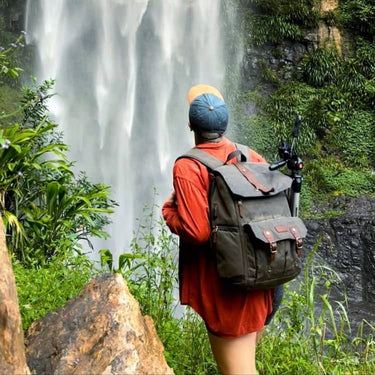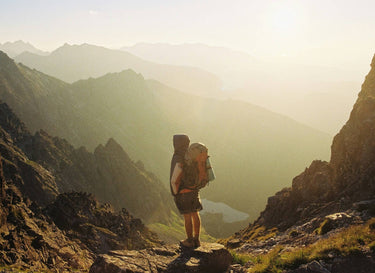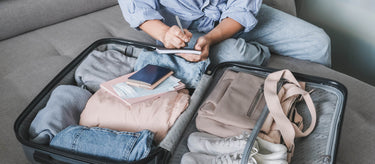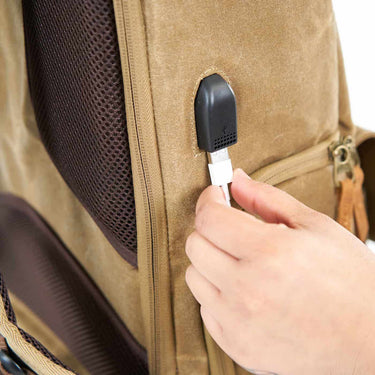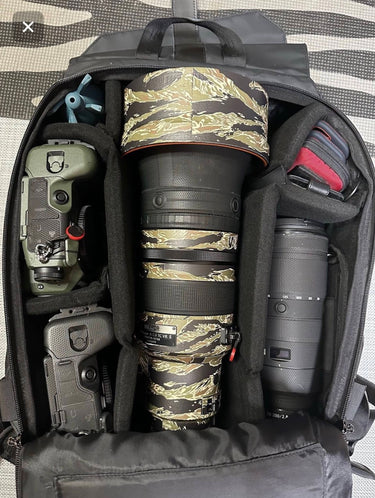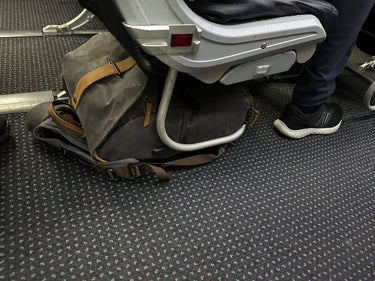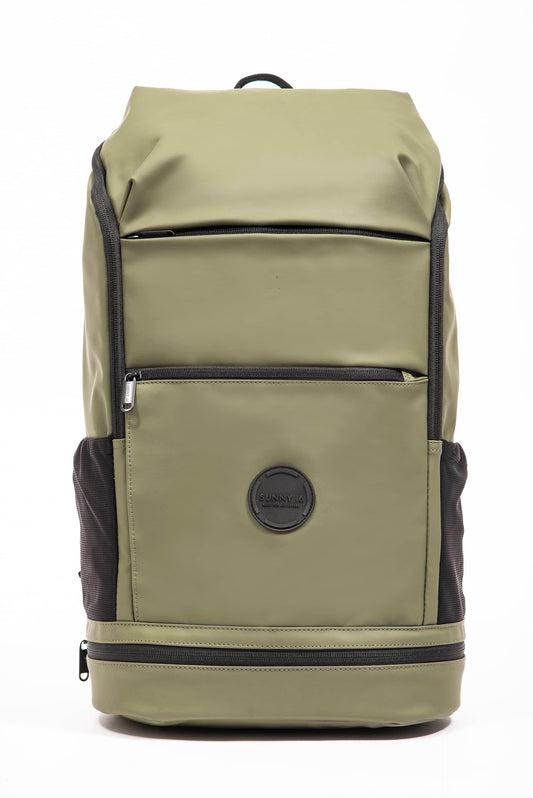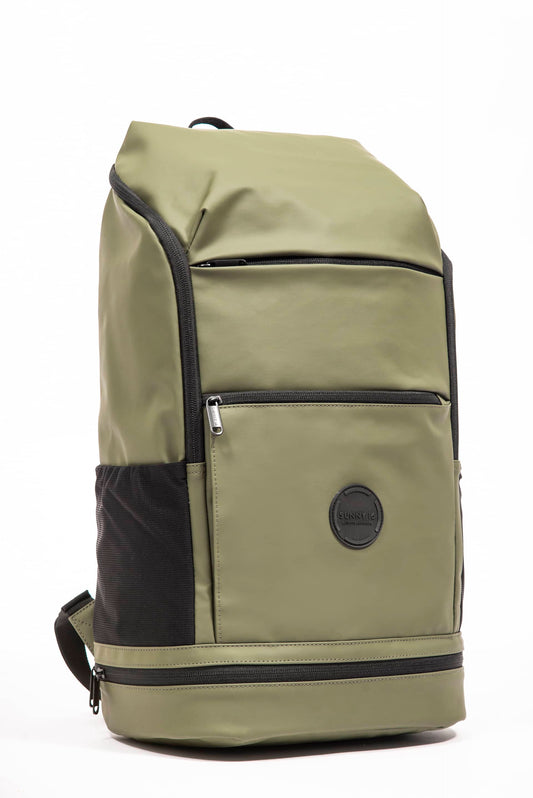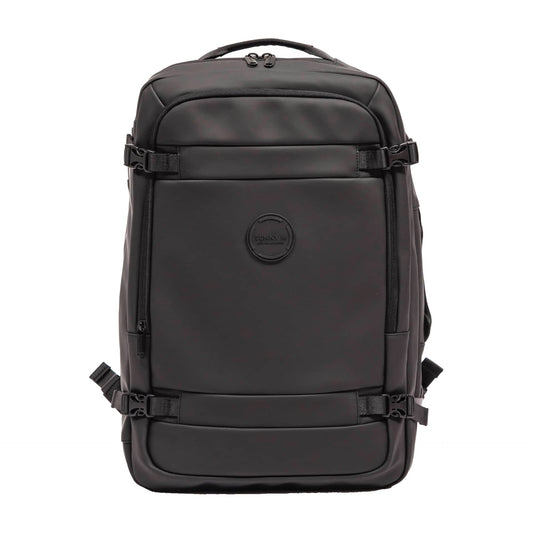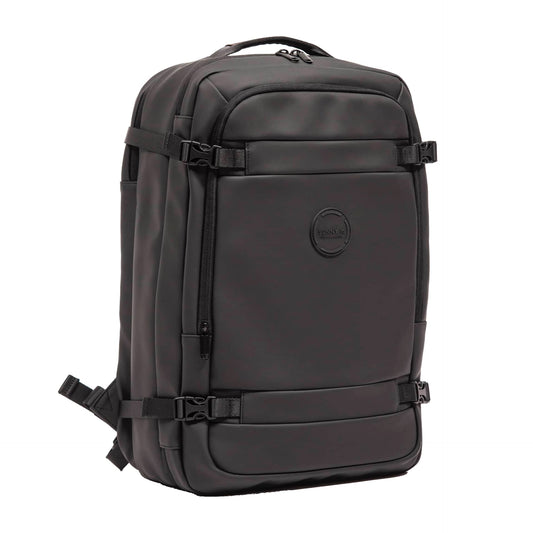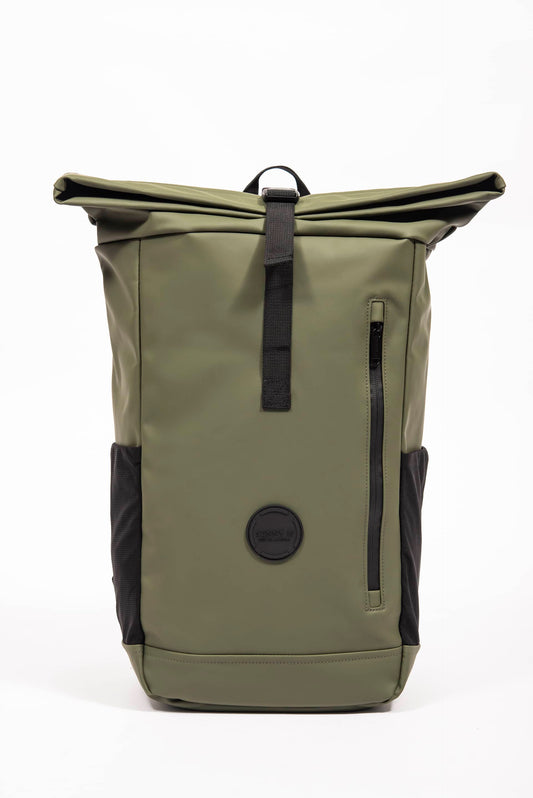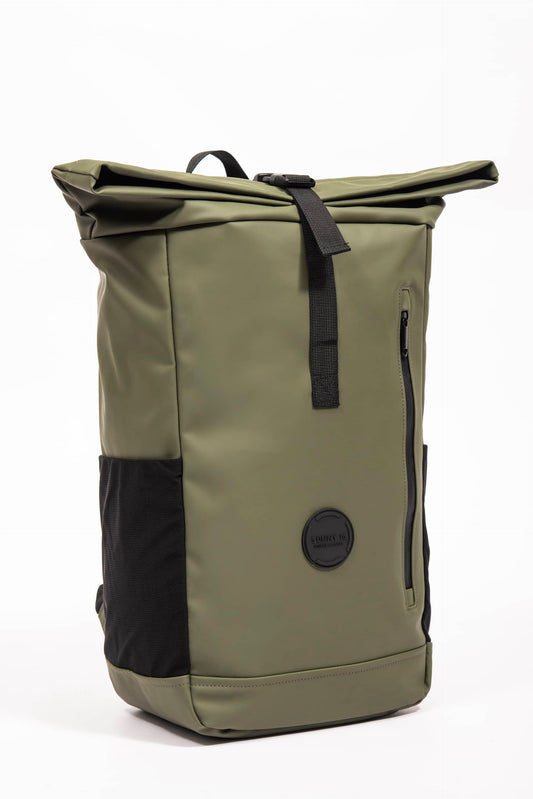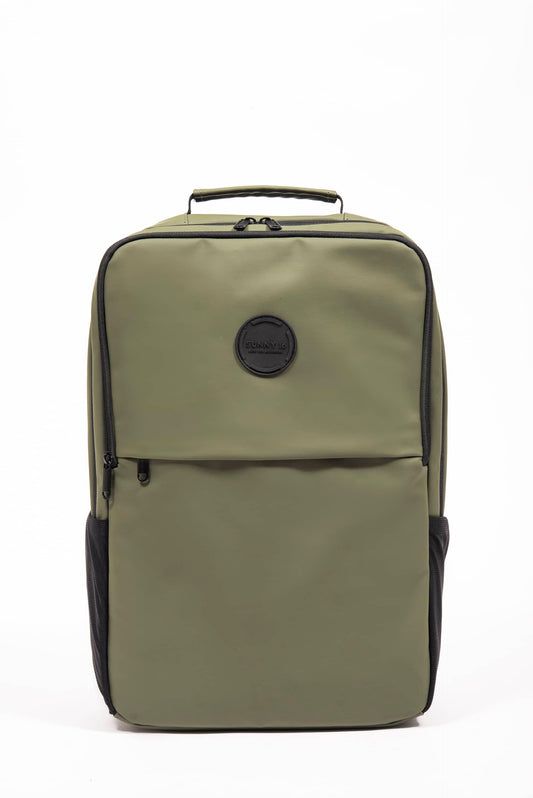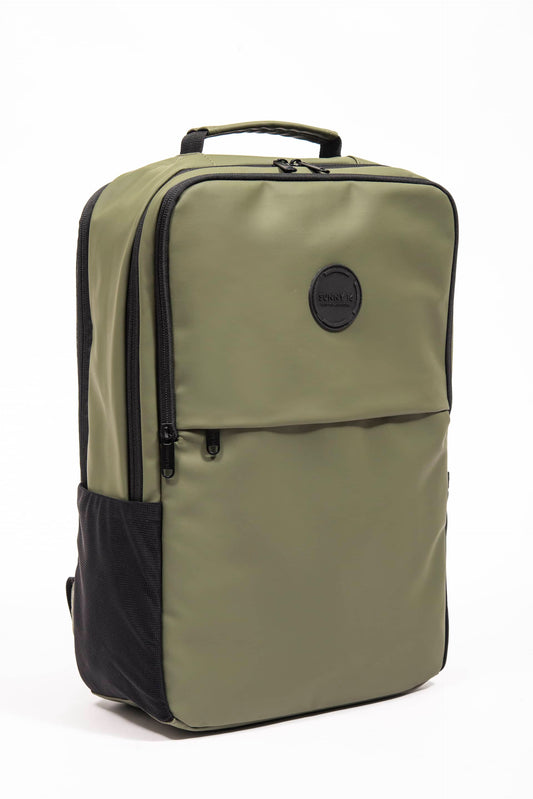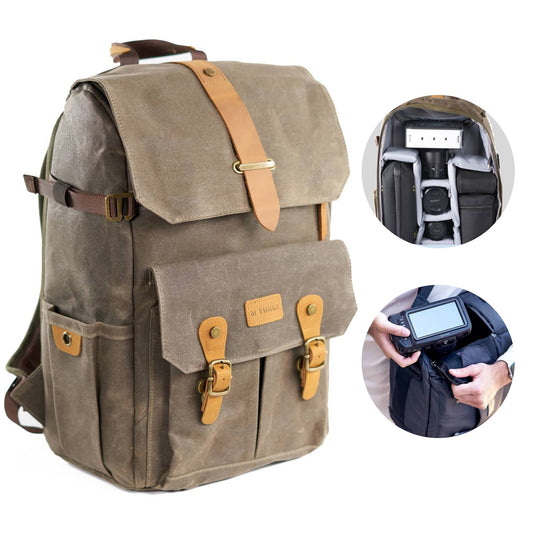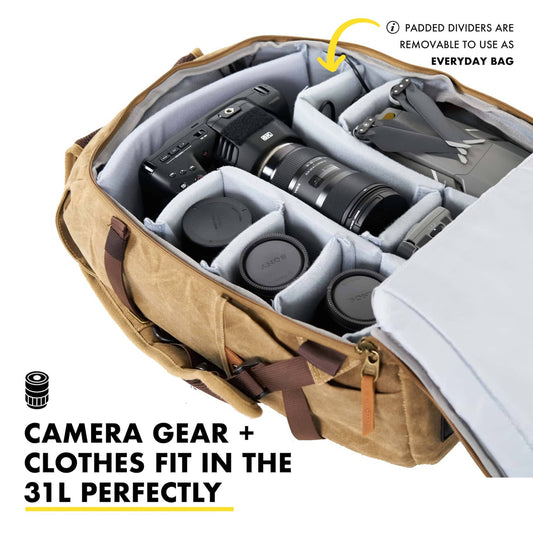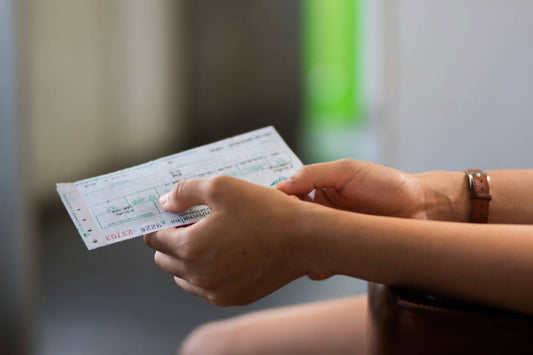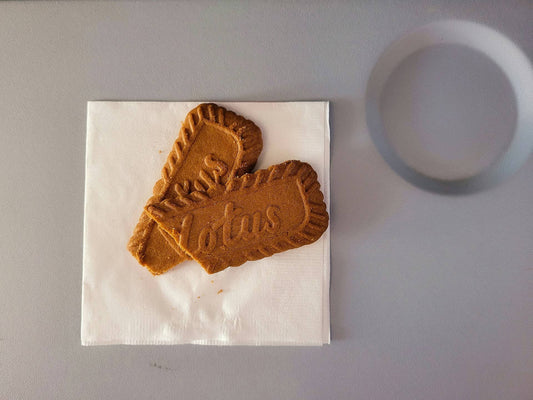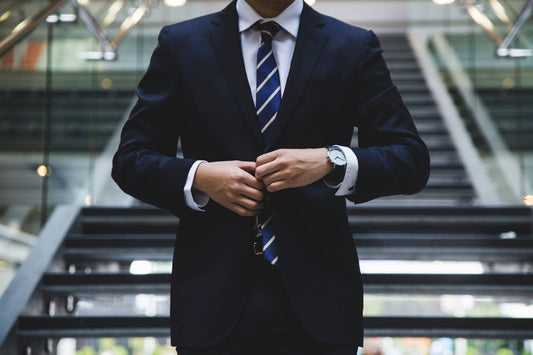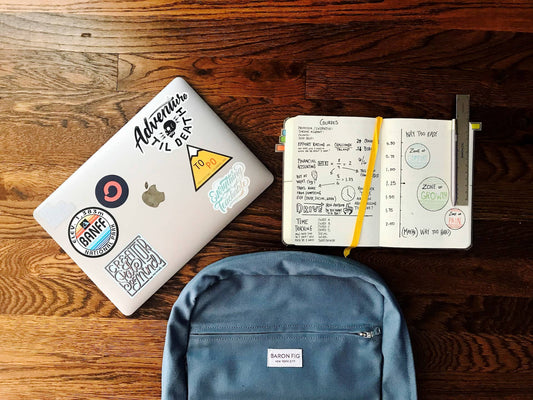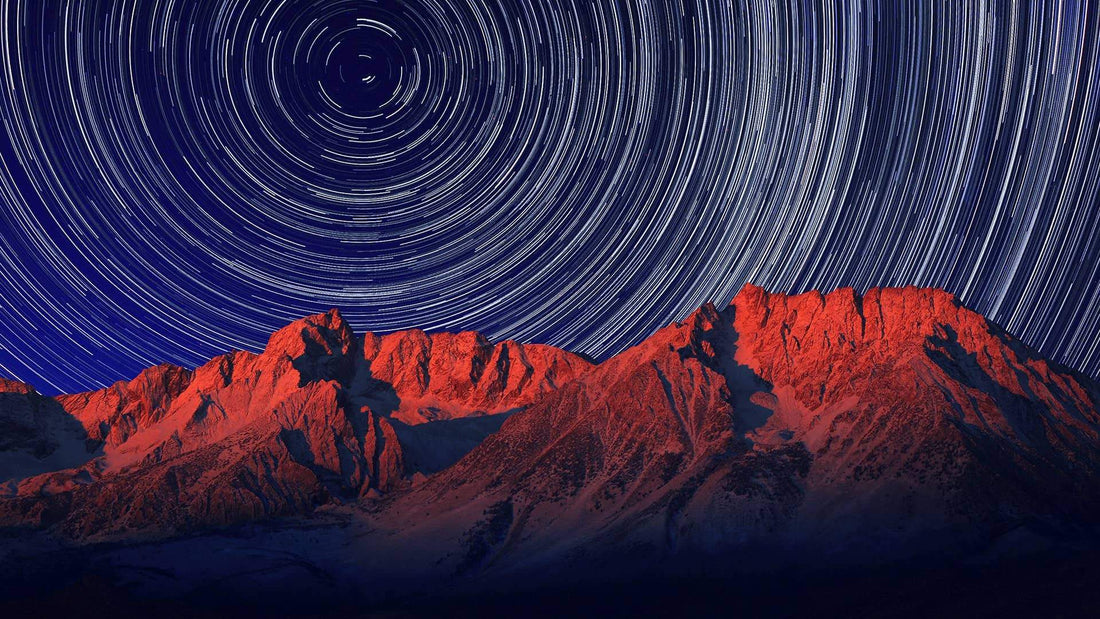
27 Best Photography Techniques to Master
Share
Whether you’ve been shooting for years or just starting out, it's easy to feel like there's something missing in your photography — like some photography technique you don't know that would have made that shot perfect.
Truth be told, there are so many valuable photography techniques out there that it can be hard to pinpoint exactly what you need to learn.
Not to worry though!
Many photography techniques are easy and straightforward methods for taking your photos to the next level. All it takes is knowing what you need for certain shots.
In this article, we list 27 of the best photography techniques you can start using right now.
I. Plan the shoot
References
References are key! Study your favorite photography techniques and then bring some sample photos to your shoot. You can find these on Google Images, or even pull them from this article.
Time and Location
Think carefully about the location and time of day you choose, as they will have a massive impact on your shoot. How bright is it outside? What’s the weather like? These are all important questions you should ask yourself.
Inform Your Group
If you’re going to be working with a model or photo assistant, Don’t be afraid to talk to them before the shoot. Let them know what poses they’ll be doing and what mood you’re aiming for. Have group meetings so no one is confused about their role in the photo.
II. Assemble your gear
Cameras, lenses & accessories
Research the lenses and other equipment you’ll need for your shoot. Bring a few microfiber cloths and other cleaning supplies.
Props
Many shots can be enhanced through props and other additions to the composition. Look around and think about how various props might add to your shot. Then, pack them up!
Camera bag
Bring your camera bag for easy access and to keep your equipment safe if it rains. We recommend The Voyager, as it’s spacious, well-made, and water-resistant.

27 Best Photography Techniques
- High Speed Photography
- Macro Photography
- Tilt Shift Photography
- Motion Blur
- Night Photography
- Star Trail Photography
- Black & White Photography
- Monochromatic Photography
- Panoramic Photography
- Long Exposure Photography
- HDR Photography
- Forced Perspective Photography
- Levitation Photography
- Ground Level Photography
- Smoke Art Photography
- Light Painting Photography
- Vintage Photography
- Silhouette Photography
- Pinhole Photography
- Fisheye Lenses
- Mirror Reflection Photography
- Zoom Blur Photography
- Kinetic Photography
- Lens Flare Photography
- Multiple Exposures
- Blue Hour Photography
- POV Photography
1. High Speed Photography

There's something magical about capturing a moment that would normally be too difficult for the naked eye to see. From a splash of water to a running dog, capturing crisp action shots can be difficult.
Luckily, with a careful balance between a small aperture, flash and a fast shutter speed, you can achieve incredible high speed shots. Try setting your aperture between f/11 and f/16, and use a shutter speed of 1/160 or faster if needed.
Finally, Make sure you’re using a tripod for stability, and remember that patience is key!
2. Macro Photography

To capture the alien nature of insects or other tiny things up close, try using this photography technique.
Think about using a zoom lens or stabilizing equipment to avoid blur. Also, find subjects that are interesting and highly detailed for the best results.
3. Tilt Shift Photography

Tilt-shift lenses provide a unique miniature dollhouse or diorama feel.
Using the lens will allow you to tilt the optics that will hit your image sensor. You can use this to capture huge, panoramic shots that miniaturize your subject.
4. Motion Blur

The key to effective motion blur is to avoid associating it with randomness.
First, slow down your shutter speed (between 1/4th and 1/25th per second). Then, ensure that you're holding the camera still while your subject moves, or follow the subject before releasing the shutter. This will blur the background while also keeping your subject in focus.
5. Night Photography

Ever tried to take a photo of the moon, only to realize you've captured a black void?
Well, the key to capturing breathtaking night shots is a super-slow shutter speed, mixed with long exposures. It's a good idea to try setting your ISO between ISO 400-800. You'll also want to keep your camera steady, so make use of a tripod. This is one of the most popular photography techniques you can use (and it’s a lot of fun).
6. Star Trail Photography Technique

Another stunning way to capture the night sky is through creating star trails.
With the use of a wide-angle lens and a tripod, you can create this effect on any clear night. Also, if you want to enhance your shots, try using multiple exposures or a higher ISO to capture star fields without streaking.
7. Black & White Photography

When done correctly, black and white photography can convey deep emotions or drama. However, capturing the perfect shot isn't as simple as applying a black and white filter.
During your photoshoot, look for stark shadows, strong silhouettes and powerful subjects. When put together, these elements create the most stunning black and white photography.
8. Monochromatic Photography

It's easy to associate colors with emotions. To some extent, doing so comes completely natural to us.
Monochromatic color photography is a specific photography technique that captures one hue in an image. Like black and white photography, this can be a great way of capturing emotion without detailed context.
Think about your subject, and how you can carefully apply the right colors to match the vibe of your shot.
9. Panoramic Photography Technique

Panoramic shots are a beautiful way to capture large landscapes and cityscapes.
While some cameras come with a panorama setting, you don't need this to use the technique. For instance, you can use “panorama stitching” to capture panoramic shots. First, ensure that you have a tripod. Then, take a series of side-by-side photographs, so you can merge them together later on.
10. Long Exposure Photography

This photography composition technique helps you to enhance your landscapes by creating unique water effects.
Put your camera on a tripod and use a long exposure. When you do so with clouds or water, they'll appear softly blurred. Not only does this look amazing, but it also adds a sense of movement to your shot.
11. HDR Photography Technique

High Dynamic Range-technique (HDR) can create amazing photos that almost don't look real.
HDR imaging is a set of photography techniques that give you a much greater range of exposures than you'd normally have. This allows you to exaggerate sunlight and deep shadows without altering anything other than the exposure.
12. Forced Perspective Photography Technique

This photography composition technique can create incredible optical illusions. Though, it can be tricky.
To achieve forced perspective, you'll need a clever vantage point, as the right angle of an object or the proper distance between two people can make or break your shot.
Think about your location, your subjects, props and the equipment you're using. Look for ways to have your foreground interact with your background. And remember, have patience!
13. Levitation Photography

With the use of retouches, you can make your subjects look like they're floating in mid air.
Simply use a chair or stool during the model shoot. Have your model lay on it or stand. Afterward, you can crop it out in Photoshop.
Be sure to watch fabrics, as the way they flow can make or break your illusion!
14. Ground Level Photography

The world of photography would be pretty boring if everything was shot from eye-level.
Instead, look for a higher vantage point or get down as low as you can. Shooting from these camera angles will add interest to your portrait photography technique. You can even distort objects or people by finding the right angle.
15. Smoke Art Photography
 While smoke art photography can create intriguing shots, it can be tricky.
While smoke art photography can create intriguing shots, it can be tricky.
Make sure you have a black backdrop to make the smoke stand out. You'll also want to bring a zoom lens and a tripod to steady your shot.
The smoke you capture will be different every time, so bring an extra memory card and don't be afraid to take several shots.
16. Light Painting Photography Technique

Ever wrote your name out with a sparkler?
Using long exposure once again as your photography technique, you can create amazing images that paint with light. All you need is some darkness, slow shutter speed, and a bit of moving light.
17. Vintage Photography
 This photography composition technique is all about capturing that classic, old look.
This photography composition technique is all about capturing that classic, old look.
Luckily, doing so is rather simple, as you can age your photo through a simple sepia filter, and a dab of Vaseline.
18. Silhouette Photography Technique

If you want to create a dramatic photo that isn't necessarily black and white, try playing with silhouettes.
The easiest and best time to capture silhouettes is sunrise or sunset. When you position your subject, make sure you're shooting into the sun to capture the most stark shadows.
Try starting with a shutter speed between 1/125 and 1/250. After all, you don't want a blurry silhouette. Keep in mind that a faster shutter speed will create a darker exposure, whereas a slower shutter speed will make your image brighter.
19. Pinhole Photography

As one of the first cameras ever used, pinhole cameras have no lens, and only a single small aperture.
You can re-create this effect by drilling a small hole in a body cap. Then, try taking a few pictures with it on. It should create the same unique photo effects that a pinhole camera would!
20. Fisheye Lens Photography Technique

This photography composition technique is a great way to distort reality and create some truly unique shots.
Get low and close to exaggerate the fisheye effect. This will make your subject look huge against a tiny, distant background.
21. Mirror Reflection Photography

Mirror reflections can create a beautiful mirror effect and add depth to your shot.
The easiest way to capture a reflection is with water, but you can use other mediums as well. For example, metal or actual mirrors can provide great reflections.
For the best results, ensure that you're using a small aperture. Start with an f/11 and work your way up if you're still not getting the reflective effect you want. Some photographers use this photography technique while taking product shots.
22. Zoom Blur Photography Technique

Want a creative fractured blur effect? Try this photography technique!
To achieve the zoom blur, use a slow shutter speed between 1-5 seconds, and then zoom in or out while releasing the shutter. This will create a uniquely distorted and blurred effect.
23. Kinetic Photography

Tossing your camera in the are might seem like a bad idea in most circumstances, but when done right, you can capture amazing kinetic photography.
This photography composition technique can be risky though, so make sure you only toss your camera up a few inches. Also, be sure to catch it when it comes back down!
24. Lens Flare Photography Technique

Though lens flare can often be considered a negative, there are many instances when it can actually enhance your shot.
Learn to manipulate light bursts by shooting towards the sun from different angles. Take several shots around your subject and see which angles add an interesting lens flare.
25. Multiple Exposures

If your camera is able to fire a series of flashes in quick succession, you can use this strobe effect to capture unique shots.
Find a dark location and use a long exposure on your camera to really nail this effect. This will give the illusion of multiple movements in the shot.
26. Blue Hour Photography Technique

The blue hour, otherwise known as twilight, can be a beautiful time to capture cityscapes or other architecture. Instead of the sky being pitch black, it will have a subtle hue.
Not only will your shot look more interesting, but it will also be easier to balance your exposure!
27. POV Photography

You can achieve an effective POV shot by taking the photo from your perspective. Like the effect of wearing a GoPro, POV shots can be a unique way of capturing another person or landscape.
Up Next: The Best Photography Composition Techniques
Now that you have a wide range of photography tips and techniques to try out, you're ready to start shooting!
Let us know in the comments which technique inspired you the most.
And, if you want to know more about nailing your composition, check out our article on the best photography composition techniques!

